July, 2020
KKPKP/ SWaCH a model of partnership between a former Trade Union and the Pune Municipal Corporation – In conversation with Ms. Shabana Diler and her insights about the SWaCH co-operative.
5 minutes read
We approached Ms. Shabana Diler, former CEO and current Trustee of the Kagad Kach Patra Kashtakari Panchayat to gain insights about the SWaCH co-operative, that was established by this trade union. She has initiated the process of pathbreaking work in order to create a safer and more empowered space for women in the Waste and Sanitation industry who worked as waste-pickers. Read on to understand the processes of establishing and streamlining such an organization.
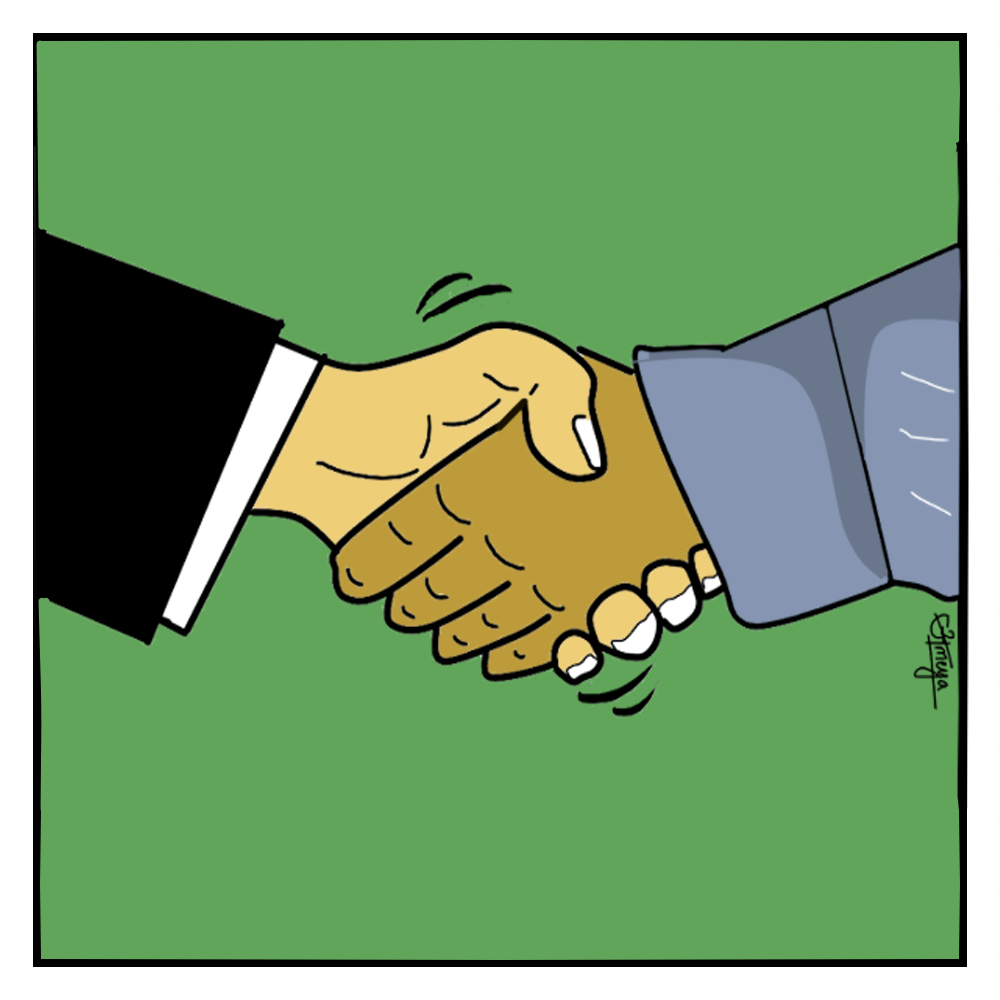
- Can you tell us about yourself? How has the lockdown been treating you?
I am a post graduate from TISS and have worked with the association of the waste pickers in the formative years of my career. The Kagad Kach Patra Kashtakari Panchayat, Pune was registered as a Trade union in the year 1993 and has more than 7000 members currently. I joined the organization in the year 2000. The KKPKP went on to establish Swach, the cooperative of the waste collectors that offers door to door collection of waste at the doorstep for citizens of Pune. They work in collaboration with the Pune Municipal Corporation and ensure complete segregation of wet and dry waste within the city.
- What was your contribution to SWaCH and how do you envision its scope? How was it born- can you take us through the time of its inception to where it is now?
In the formative years of the cooperative we had to work actively with citizens and the elected representatives of the people, convincing them about this model where the waste pickers would come door to door to collect the household waste and provide a daily service for which they should get some monthly wages from the citizens and that the municipal corporation should pay for the administrative costs that will be incurred to set up such a system.
With the coming of the Municipal Solid Waste rules 2000, there was increasingly a privatization of services and in the process many people were coming with the proposal of providing a waste collection service to the citizens in different cities saying that they would ensure segregation of waste and a container free city. This was going to marginalize the waste pickers even further where not only would they lose their access to waste but lose their source of living completely.
In that scenario, we at KKPKP felt that it was best to form a cooperative of those waste pickers who are active and can provide such a collection service to the citizens of the city and work towards the development of the same.
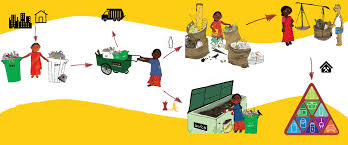
- How was the process of initiating and continuing the conversation of adapting to the mechanical techniques and reforming ways of business with the women; given that many of them may have habits that are byproducts of being engaged in this profession? What would you identify as key concerns that we need to address when proposing this kind of a change in their employment?
The process of initiating the waste collectors as service providers was not an easy one. First of all, it involved inculcating a lot of professional behavior on part of the women in terms of punctuality, regularity, being polite, etc. which required a lot of training too. The change also did not happen overnight. It also involved engaging with the citizens to tell them to bear with the women while they change their behaviour and that they come from very poor backgrounds and have never done this kind of work but they are extremely trustworthy. We have also had cases of our women having returned gold chains or huge amounts of cash that was found within waste to the respective owners by approaching the police of that area.
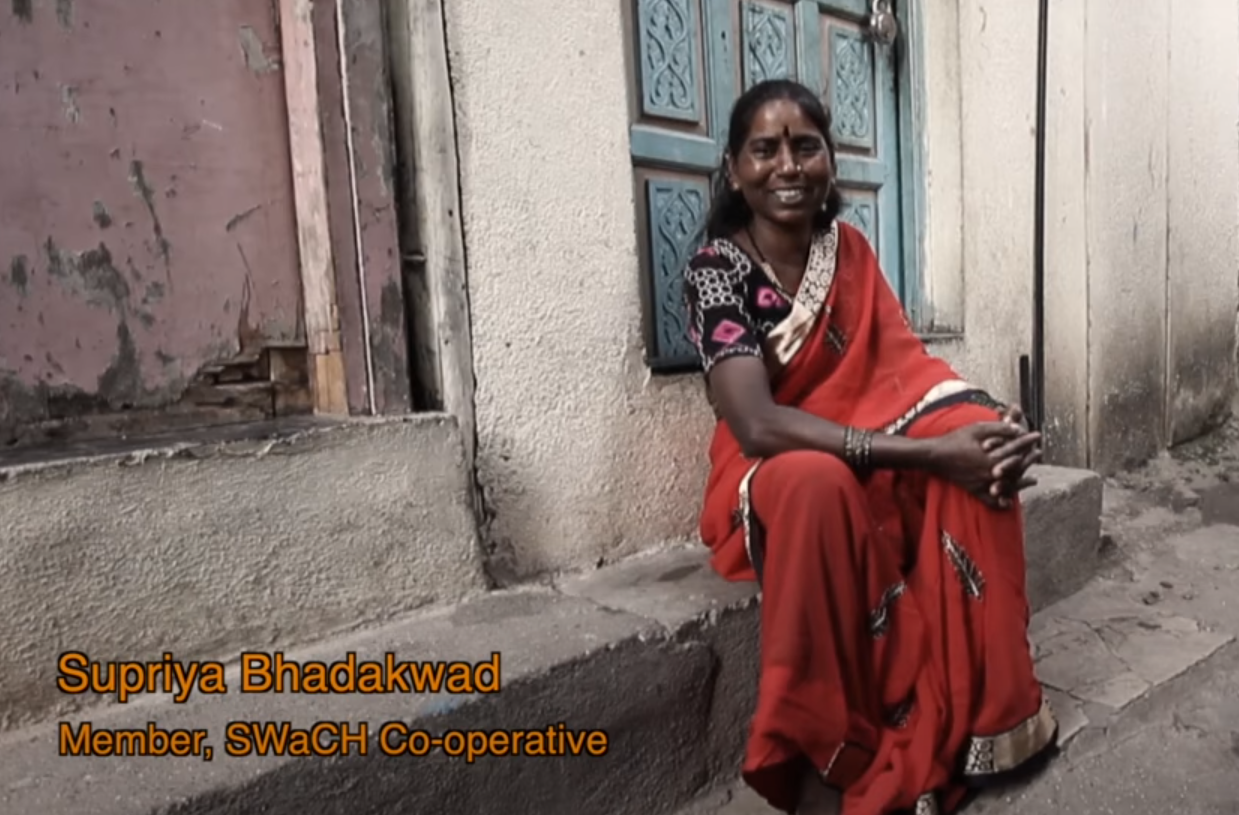
- Given your expertise in the development of the informal sector, especially for women workers, what are the key challenges that you have observed across the industries that you have worked with? In which ways do you think has the pandemic put these women workers at a more acute level of disadvantage?
Informal sector workers are highly vulnerable because they have absolutely no social securities of any kind. They are completely dependent on their daily wages and have to work to make ends meet. With the establishment of the cooperative and the partnership with the municipal corporation, now the waste collectors get some kind of securities that have been made available to them in terms of health insurance, protective gear and some regular wages.
However, in the current situation, the pandemic has made the situation of these workers much more vulnerable since they have to go out there and work, and even in the lockdown situation their services had to be ongoing because they are dealing with the collection of waste.
- There is a growing awareness and information dissemination via social media, several people are on their way to be sensitized to the needs of women in the informal sector. What do you think are ways in which citizens can support women in these sectors and with their endeavors?
First of all, people can support women in these sectors by being more sensitive towards them, their situation and their needs.
Very often, people do not even realise the enormous contribution of these women to make our lives easy. We tend to just take them for granted.
Secondly, people must ensure that they segregate their waste into wet and dry at their end on the home front. This can reduce the problem of waste altogether and also make the lives of the waste collectors so much easier.
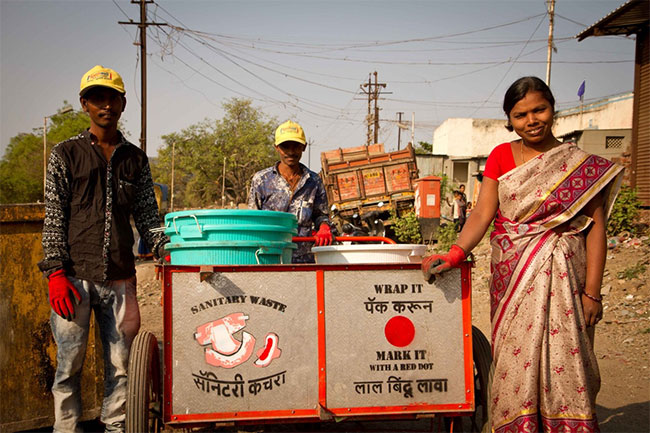
Thirdly, people can ensure that these women are given the necessary protective gear at the society level and that they wear the given equipment to ensure their own good health and safety.
About the expert
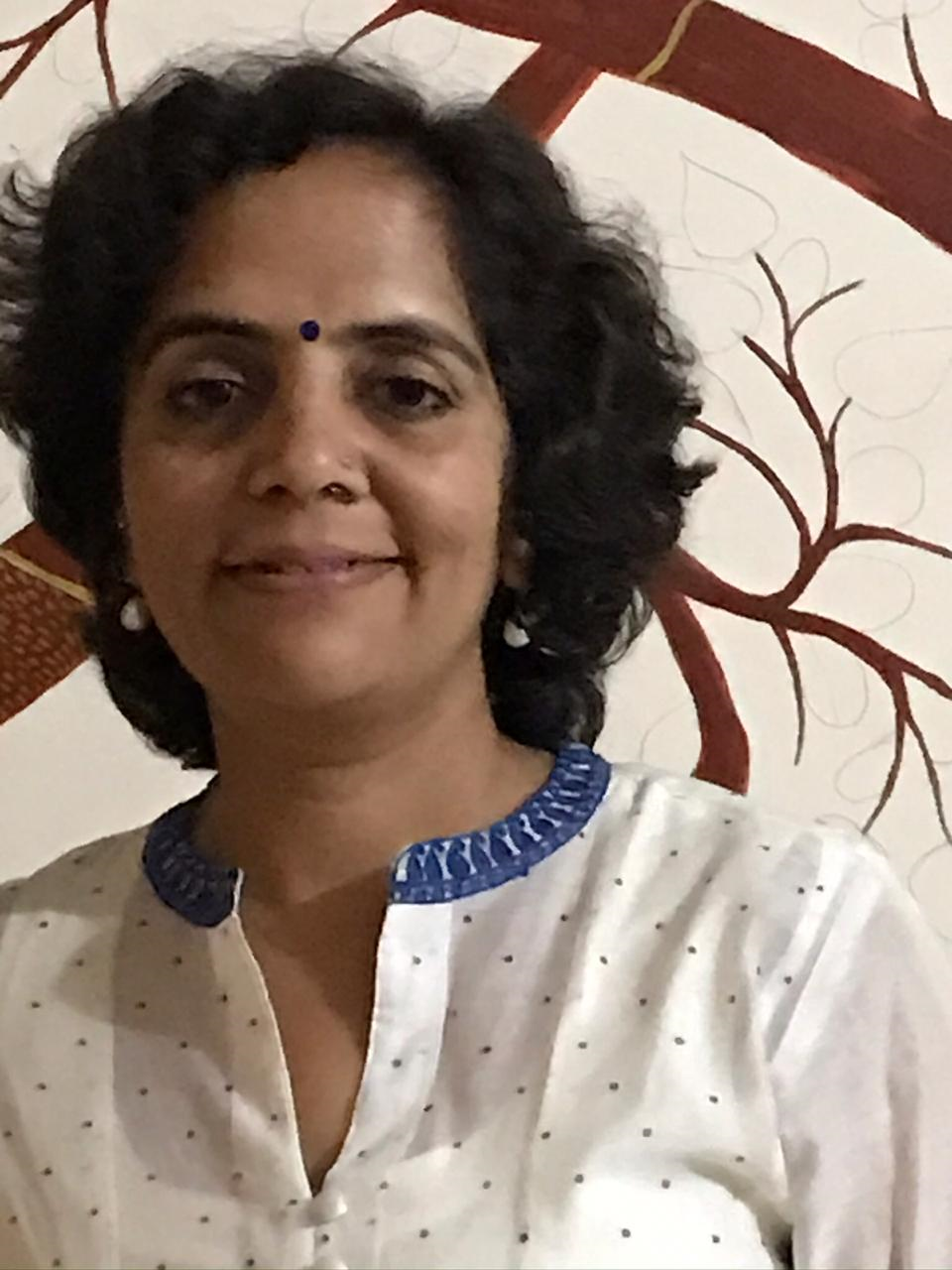
Shabana Diler is a social activist who has been engaged with ground work for the past 18 years in the development sector. This co-operative, in partnership with the Pune Municipal Corporation, has ensured that women worked by themselves in recycling the waste they collected without the “helping hands” of the middlemen involved.
References
- Remote interview conducted by the team at Women’s Identity and Progress

Leave A Comment